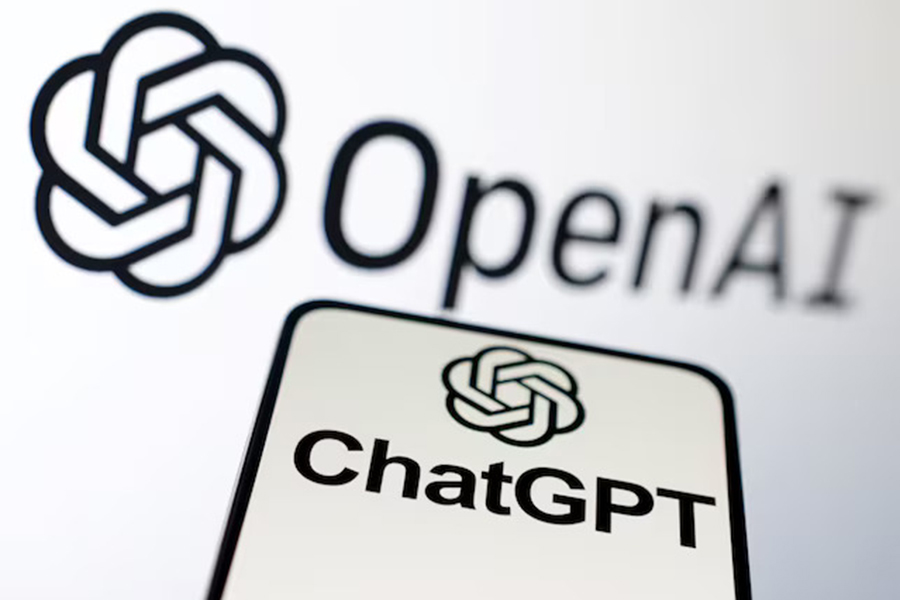
Published :
Updated :

Artificial intelligence models require vast amounts of data. The companies that run them, like ChatGPT creator OpenAI, require vast amounts of cash. There’s a logical solution to the $157 billion group’s perpetual fundraising quest: the mother of all meme-stock initial public offerings in 2025.
Few companies have gone from obscurity to household name as quickly as founder Sam Altman’s OpenAI, which launched ChatGPT in late 2022, touted 100 million weekly active users within a year, and said in August 2024 that the number had doubled. Still, the group is miles away from converting popularity into profit, largely because of the cost of computing power that’s used to train and deploy the so-called large language models.
OpenAI had raised a whopping $17.9 billion as of September 2024, PitchBook figures show, chiefly from Microsoft. It tapped investors on average every 11 months compared with a mean of roughly every two years for US AI and machine learning startups between 2019 and 2024, according to the same data provider. Altman will soon be back for more: OpenAI’s internal projections imply cumulative red ink of $44 billion between 2023 and 2028, The Information reported.
His onetime financial backer Elon Musk has carved an instructive path. The billionaire’s electric-car group Tesla, which went public in 2010, has demonstrated that companies can defy gravity by tapping retail-investor fervour, offering a handy fundraising source. In 2020, for example, Tesla raised $10 billion in just a few months amid a trading frenzy involving fans. Even if individual investors don’t get allocations in such stock offerings, their demand keeps prices high, giving institutions the confidence to buy.
The alchemy through which companies grab the retail crowd’s attention is, admittedly, mysterious. But giving individuals or customers a slice of any IPO, like Robinhood Markets and Reddit did, would help. It also bodes well that Altman’s company offers investors a pure bet on AI, which is sorely in demand judging by chip designer Nvidia’s surge in recent years.
The chief obstacle may be OpenAI’s unconventional governance, in which a nonprofit controls a for-profit subsidiary with capped equity returns. Altman is planning to change that structure, Reuters reported, which suggests a float could work. So does the arrival in June of new finance chief Sarah Friar, an IPO veteran who played a key role in the listings of NextDoor and Square, now called Block.
There’s risk in courting the masses, whose attention could be more fleeting than venture capitalists or corporate backers. But there’s nothing to stop Microsoft or SoftBank from continuing to put money into a listed OpenAI. And going public would give Altman a plausible backup plan if the existing funding spigots run dry.


 For all latest news, follow The Financial Express Google News channel.
For all latest news, follow The Financial Express Google News channel.